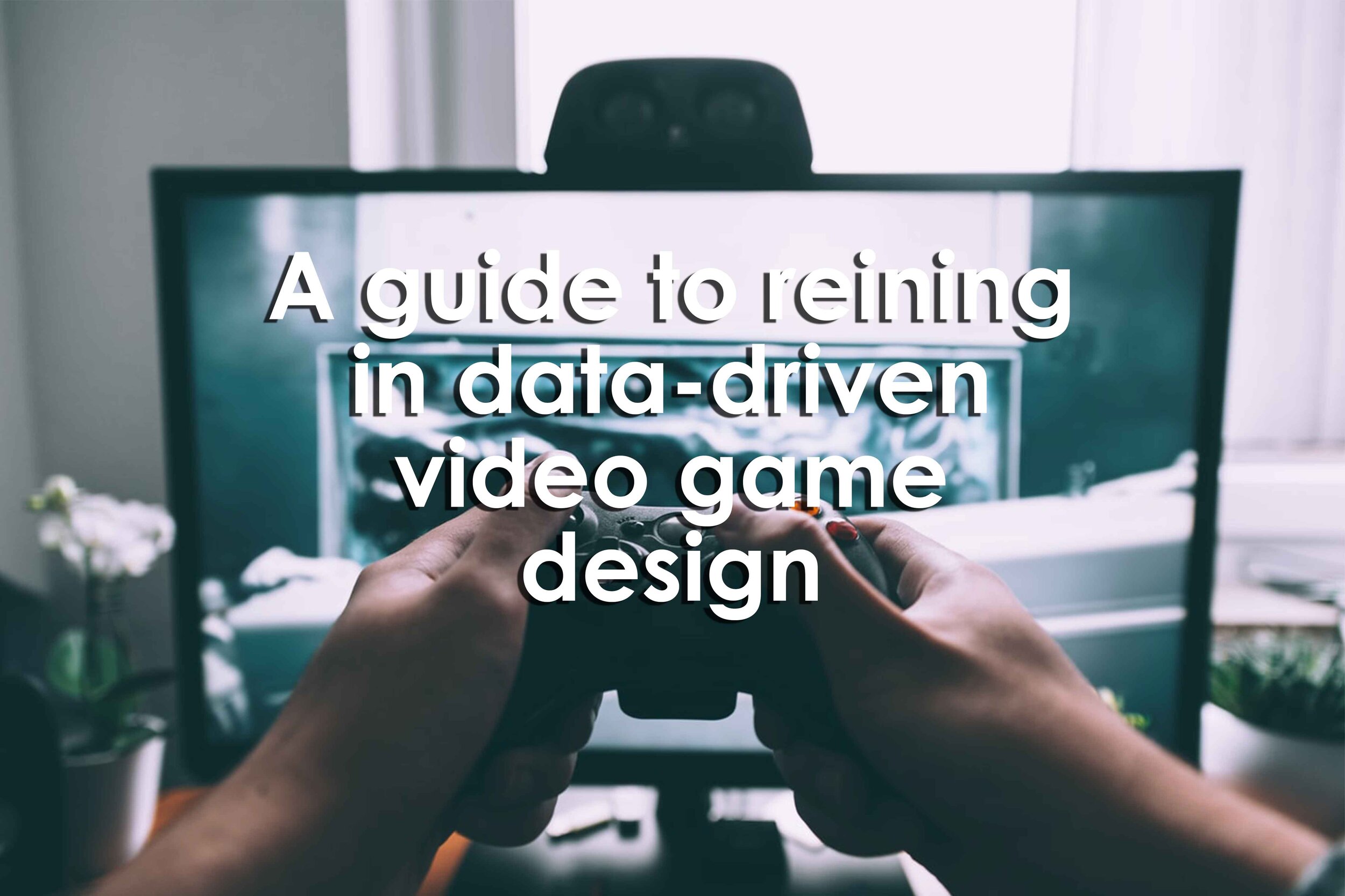A guide to reining in data-driven video game design
A guide to reining in data-driven video game design
A guide to reining in data-driven video game design
By Joshua Foust and Joseph Jerome
June 25, 2021
Summary
As video games play an increasingly important role in society-as hugely popular forms of entertainment but also as an arena for contesting politics-data-driven game design also raises questions about whether user data is being used in manipulative ways, whether privacy rights are being violated, and whether the rights of children are being protected.
Like many global companies, game makers face concrete obligations under the European Union's General Data Protection Regulation to provide access for individuals to see what data is collected about them and are held responsible for how they manage that data.
Recently, this rating system has evolved into a three-tier system that includes some information about data privacy, random elements like loot boxes, and in-game purchases, but these efforts have not required the video game industry to reckon with the implications of its current design methods.
Even if game makers can avoid international laws like the GDPR, emerging state laws like the California Consumer Privacy Act are forcing game makers to grapple with data protection rules.
Ensuring that game publishers and developers practice what is known as "Privacy by design," which would compel them to safeguard user privacy by default, would be difficult for game makers to accept, as it would force them to reckon with how they process and monetize data for game development.
This encouraged developers to minimize surprises to users from unexpected data practices, specify how information can be used, and avoid hoarding data on the "Off-chance that it might be useful in the future." Adopting this approach broadly would mean game developers would limit the scope of the data they collect, the amount of data they collect within that narrowed scope, and how they store and use that data.
Efforts to regulate how games use player data may be in tension with some of the most surprising elements in video games, and this is particularly true with respect to efforts to curb manipulative design.
Reference
Foust, J., & Jerome, J. (2021, July 02). A guide to reining in data-driven video game design. Retrieved September 17, 2021, from https://www.brookings.edu/techstream/a-guide-to-reining-in-data-driven-video-game-design-privacy/


